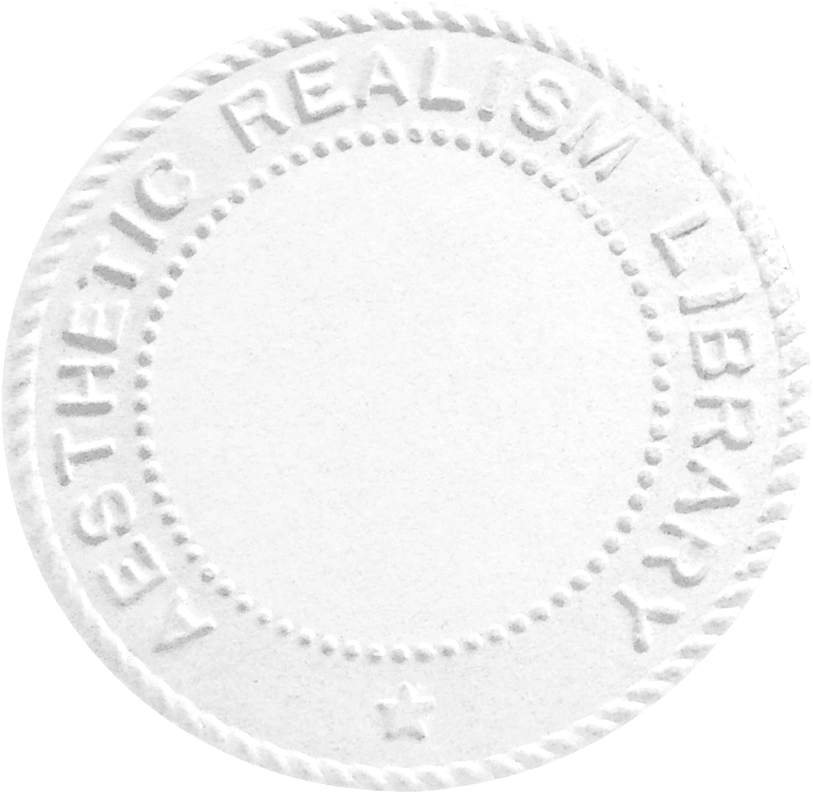Translations by Eli Siegel
The Wolf and the Lamb, By Jean de La Fontaine
The reason of those best able to have their way is always the best:
We now show how this is true.
A lamb was quenching its thirst
In the water of a pure stream.
A fasting wolf came by, looking for something;
He was attracted by hunger to this place.
—What makes you so bold as to meddle with my drinking?
Said this animal, very angry.
You will be punished for your boldness.
—Sir, answered the lamb, let Your Majesty
Not put himself into a rage;
But rather, let him consider
That I am taking a drink of water
In the stream
More than twenty steps below him;
And that, consequently, in no way,
Am I troubling his supply.
—You do trouble it, answered the cruel beast.
And I know you said bad things of me last year.
—How could I do that when I wasn’t born,
Answered the lamb; I am still at my mother’s breast.
—If it wasn’t you, then it was your brother.
—I haven’t a brother.—It was then someone close to you;
For you have no sympathy for me,
You, your shepherds and your dogs.
I have been told of this.I have to make things even.
Saying this, into the woods
The wolf carries the lamb, and then eats him
Without any other why or wherefore.
From Hail, American Development (Definition Press)
© 1968 by Eli Siegel



Eli Siegel’s note to the poem:
The Wolf and the Lamb, By Jean de La Fontaine. 1949. Jean de La Fontaine's The Wolf and the Lamb is one of the cruellest instances of literature. The poem or fable is doubly cruel, for while it tells of an unjust occurrence, it also intimates that there is a way or trend in the human mind undeviatingly unkind. La Fontaine tells us that between having one's way and being just, having one's way is more powerful. It has been so, ever so many times. The most dangerous and ugly possibility inherent in the individual as individual is that the desire to have one's way seems strong, while justice seems flat and interrupting. The wolf wants the lamb and the want itself is justice. This is the way we are. If a want increases, just because it does, the want may seem the more just, well placed, accurate, right. The unconscious tendency or likelihood of making our want the same as universal justice is the ugliest adjunct of the heart of man. It is so easy to find an inclination interesting and necessary; and it is so hard to see and care for what is proportionate, equitable, ethical—it is no wonder persons are angry with others and can see themselves with confusion, dimness, scorn, uneasiness, loathing, displeasure. Our desire may seem so powerful, beckoning; and later so unhandsome. Were the life of La Fontaine's wolf pursued in a novel, with the wolf, of course, endowed with the self-objecting-to system man has, we should see the wolf undergoing the doubts of a Julien Sorel or a Raskolnikov. We have the tendencies of the wolf of the fable, but also the uncertainty this particular wolf has not been able to manifest, or permitted to manifest.